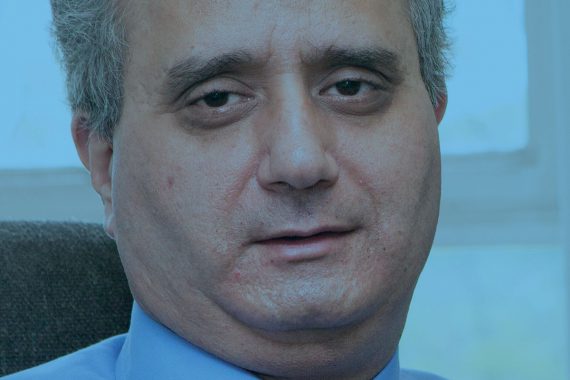Health secretary Jeremy Hunt’s pledge to boost GP numbers by 5,000 by 2020 will deliver fewer than half the number needed to fill the UK’s growing workforce deficit, new modelling by primary care researchers suggests.
The most ‘optimistic’ scenario produced by the team at Imperial College found that GP headcount will have to increase by 12,000 to compensate for growing population and consultation complexity.
This even goes beyond the 10,000 GPs predicted by the RCGP, and the project’s lead researcher, Dr Benedict Hayhoe from Imperial’s Department of Primary Care and Public Health, is presenting findings in a poster at the College annual conference in Harrogate this week.
Significantly, the modelling reveals why NHS primary care in England is already under strain, as the researchers told Pulse that GP numbers in 2014 were as much as 3,800 below the optimum to manage demand.
Though the research has yet to be published, and ‘does not claim to be an exact estimation’ of GP numbers needed, it does provide a comprehensive, and transparent, methodology that hasn’t been provided with previous estimates.
By contrast the DH declined to provide Pulse with its modelling for the 5,000 GP target when Pulse investigated their progress towards this target earlier this year.
The Imperial model takes account of the greater use of other health professionals, the proportion of GP time spent on administrative tasks, use of teleconsulting and GP demographic information.
The poster’s results state: ‘The most conservative of our models leads us to believe that over 12,000 additional GPs will be required by 2020, at a likely cost of £2.3bn.’
Alternative modelling, providing for a continuing increase in GP consultation length, leads to a significantly higher estimate of over 24,000 more GPs by 2020 to provide a safe, accessible, quality service, it found.
It also acknowledges that this target could become even more distant when the impact of Britain leaving the EU is felt.
GP, and department head, Professor Azeem Majeed told Pulse: ‘The background to this project was that various bodies (e.g. Department of Health, RCGP) have published estimates of how many more GPs the NHS in England needs.
‘However, it wasn’t clear what methods were used to derive these estimates (in the case of DH, there do not appear to have any calculations done to support the estimate of 5,000 more GPs by 2020).’
‘Our results suggest that the demands on the GP workforce will increase still further, putting GPs and their teams under considerable strain. Given the problems in recruiting GPs, there is no obvious way for the NHS to produce the number of GPs the NHS needs by 2020.
‘It seems likely that for the foreseeable future, the Department of Health and NHS England will have to look upon GPs as a “scarce resource” and decide what work it wants them to focus on to give them a reasonable working week to avoid burnout, and prevent problems with recruitment and retention.’
A DH spokesperson said: ‘Our ambitious target to recruit 10,000 new primary care staff by 2020, including 5,000 new doctors in General Practice, is based on an independent review of primary care services. We are working towards this ambition with NHS England and Health Education England to help deliver a safer NHS for patients seven days a week.
‘We are also boosting GP funding by £2.4 billion a year by 2020/21 and taking measures to retain and return GPs to the workforce.’
Pulse revealed how Jeremy Hunt began rowing back from the 5,000 GP manifesto commitment last year, when he admitted there would be ‘flexibility’ in the number delivered.
And the commitment to 5,000 more GPs was again tweaked to ‘5,000 more doctors in general practice’ with GP trainees to be counted in the total and Pulse has shown why even this is a long way off.

















